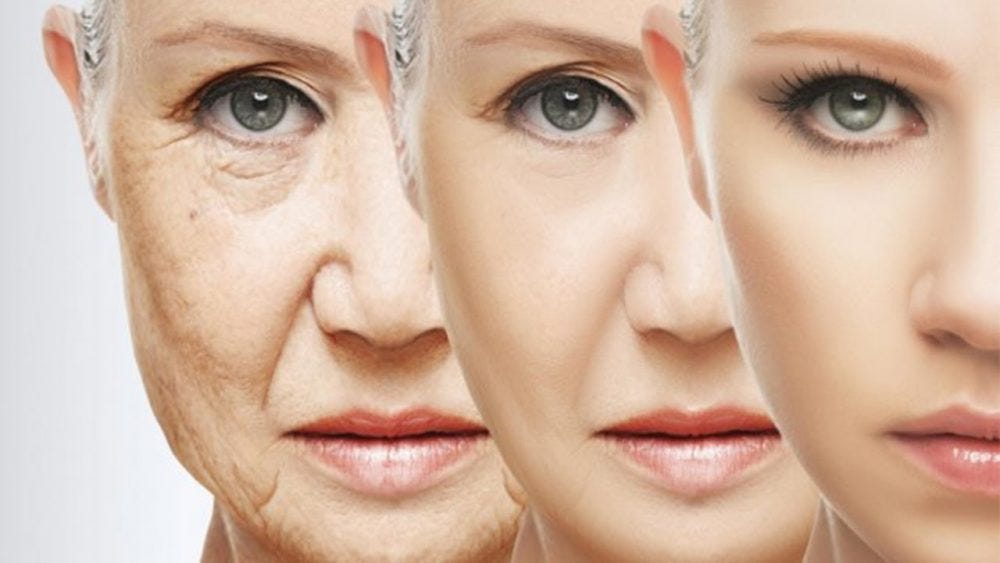
- What is the secret to aging well? Aging has always been thought of as a process rather than a disease. Aging starts in our cells and what if we can influence the impact of aging at a cellular level and actually reverse, is it possible?
- Researchers at the University of Minnesota Medical School found that there are types of small molecules called senolytics that can reverse the impact of aged senescent cells.
- There have been some incredible breakthroughs in the area of age reversal and anti-aging. There have been some innovative break throughs that could actually make age reversal a reality.
- Researchers from the Salk Institute of Biological Studies reprogrammed cells of aging mice using induced pluripotent stem cells. These stem cells are generated from adult cells, and allowed scientists to reprogram skin cells to an embryonic state. Researchers found that the mice whose cells had been reprogrammed lived 30% longer than the non-reprogrammed control group.
- Researches at Brighton University in the United Kingdom found that splicing certain factors in cells become inactive with age. The study found that by introducing reversalogues, similar to the chemical resveratrol which is found in red wine, splicing factors could be reactivated in older cells. This meant that the cells would continue to divide like younger cells, rejuvenating the cells and preventing cell aging and death.
- Research has also emerged from the Marshall University School of Medicine which suggested that the Na/K-ATPase oxidant amplification loop (NAKL) could potentially be targetted for anti-aging interventions. The researchers were also successful in testing pNaKtide, a synthetic peptide that could further reduce risks of illness and the effects of aging.
- It’s not just your skin that wrinkles with age, turns out your cells do too. Researchers from the University of Virginia School of Medicine found that many effects of aging could be the result of cell nuclei wrinkling. When the nuclei wrinkle, it prevents DNA from functioning as it should. Researchers could utilize viruses to smooth out the nuclear membranes. They believe that viruses could be modified to carry and deliver lamin — a protein that can smooth the cells. Through doing this, the cells could function like young cells again, reversing the effects of aging and protecting against multiple health risks.
- Some researchers also believe that the key to reversing the aging process lies in a bacterium found in Easter Island. Rapamycin is already used in transplant medicines and as an immunosuppressant, but scientists now believe that it could be used to reverse the effects of aging.
- This is an exciting start to the field of reverse aging.
Reverse Aging was originally published in Extreme Life Goals on Medium, where people are continuing the conversation by highlighting and responding to this story.
